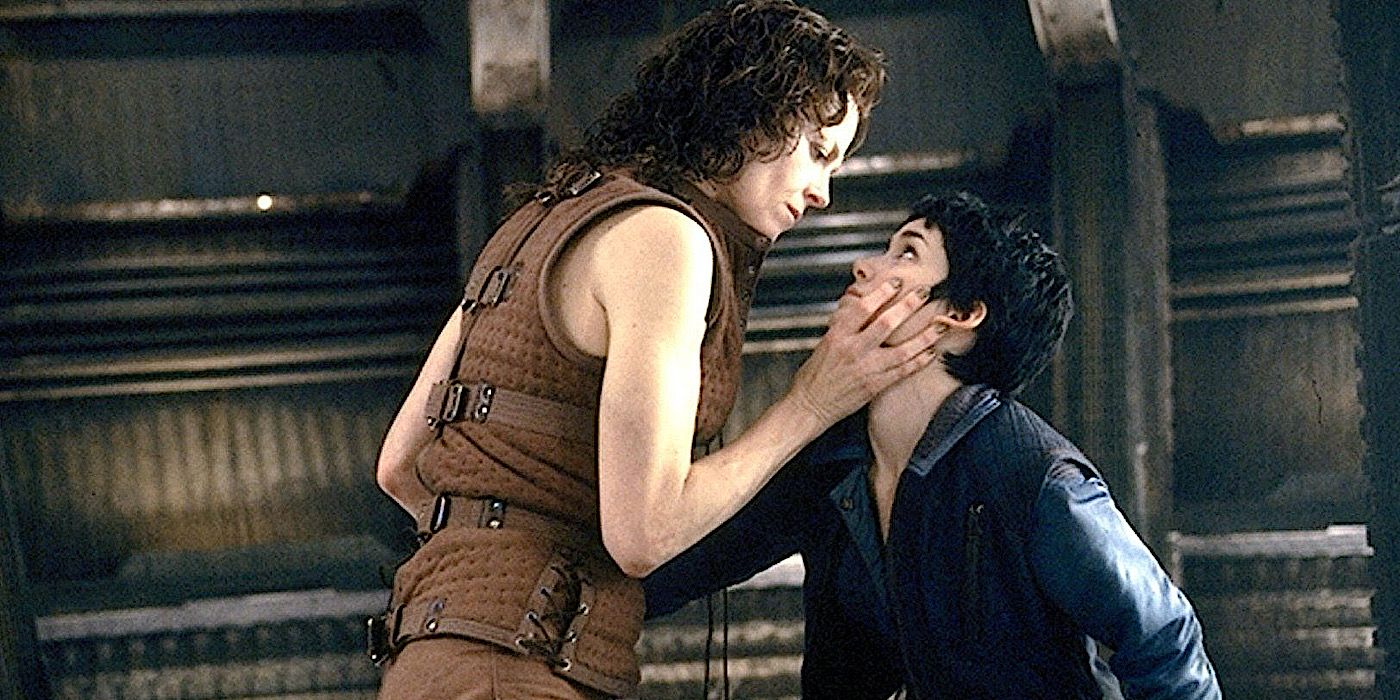Choosing the Ideal Location for Your Business: Key Factors to Consider

Key Takeaways

- Location Influence: The right business location directly impacts visibility, customer access, and overall success, making it a critical decision for any entrepreneur.
- Accessibility Matters: Choose a spot with easy access to major roads, public transport, and parking to enhance customer traffic and engagement.
- Know Your Audience: Understanding local demographics helps in selecting a location that closely aligns with your target market, increasing the chances of attracting repeat customers.
- Competition Awareness: Conducting a competition analysis allows you to understand the market landscape; this knowledge informs your unique selling proposition (USP) and positioning.
- Cost Evaluation: Thoroughly assess costs associated with rent, utilities, and taxes to ensure financial viability while selecting a location.
- Urban vs. Rural Considerations: Weigh the advantages of urban high foot traffic against the lower competition and cost of rural areas to determine the best fit for your business model.
Choosing the right location for your business can make or break your success. It’s not just about finding a space; it’s about strategically positioning yourself where your target audience thrives. Whether you’re opening a retail store, a restaurant, or an office, the right spot can enhance visibility, accessibility, and ultimately, profitability.
Consider factors like foot traffic, nearby competition, and local demographics. Each element plays a crucial role in attracting customers and fostering growth. With a well-thought-out location, you’ll set the stage for your business to flourish in today’s competitive landscape. Let’s dive into the key aspects you need to evaluate to ensure your business finds its perfect home.
Understanding The Importance Of Location

Choosing the right location for your small business affects visibility, customer access, and overall success. A well-chosen site enhances your storefront’s appeal and accessibility, making it crucial to evaluate specific factors.
Business Accessibility
Business accessibility directly influences customer traffic. A location with easy access attracts more potential customers. Ensure your storefront is close to major roads, public transport, and parking options. Consider locations with pedestrian-friendly areas to promote foot traffic. The more accessible your business is, the stronger your customer base becomes.
Target Market Proximity
Target market proximity plays a key role in attracting the right customers. Identify who your ideal customers are and select a location near them. Research local demographics to determine if your business aligns with the community’s preferences. This positioning increases the likelihood of repeat customers and encourages word-of-mouth marketing, further enhancing your business’s growth potential.
Factors To Consider When Choosing Location

Selecting the ideal location for your small business is critical. Understanding the local market dynamics ensures you attract the right customers and maximize growth potential.
Demographics
Analyze local demographics to identify your target audience. Examine age, income level, education, and lifestyle preferences within the community. A diverse and robust demographic can enhance your small business’s reach. For example, if you’re opening a retail storefront that caters to young families, look for areas with a higher concentration of families with children. Tailoring your services to match local consumer trends maximizes your chances of success.
Competition Analysis
Conduct a thorough competition analysis to gauge the business landscape. Identify both direct and indirect competitors in your chosen area. Take note of their strengths and weaknesses. For instance, if you plan to open a small retail store, assess whether similar businesses thrive nearby or struggle. Understanding competitor offerings can inform your unique selling proposition (USP), allowing you to position your storefront effectively within the market.
Types Of Locations

Selecting the right type of location for your business is crucial. Different environments offer unique advantages and challenges, impacting your overall success.
Urban Versus Rural
Urban locations often provide higher foot traffic, which can benefit retail businesses seeking visibility and accessibility. Proximity to a dense population enhances customer access and enhances networking opportunities. Consider retail storefronts in bustling areas to maximize exposure.
Rural locations may offer lower competition and reduced overhead costs, appealing to small businesses looking for affordability. However, customer reach might be limited, so a thorough understanding of local demographics ensures you target the right audience. Assessing demand within the community can help rural businesses thrive despite smaller populations.
Retail Versus Office Space
Retail space caters to businesses selling directly to consumers, leveraging storefront visibility. For small businesses, choosing a retail location with high pedestrian traffic can significantly boost sales and brand presence. Ensure the location aligns with your brand image and target market.
Office space, on the other hand, serves businesses engaged in professional services or remote work. Choosing an office location within a commercial district can enhance credibility and facilitate collaboration with other organizations. Evaluate parking options and public transport accessibility to ensure convenience for staff and clients.
Evaluating Costs

Evaluating costs is essential when selecting a location for your small business. Analyzing expenses related to rent, utilities, taxes, and incentives helps ensure financial viability and long-term success.
Rent And Utilities
Rent significantly impacts your budget. Evaluate rental costs based on square footage, location desirability, and market rates for similar storefronts in the area. Aim for a space that balances affordability with visibility to attract foot traffic. Consider utility expenses as well, including electricity, water, gas, and internet services. Estimate these costs based on previous bills or inquire with property managers. Ensure your overall budget accommodates these recurring expenses, as they directly affect profitability.
Taxes And Incentives
Understanding local taxes is crucial for budgeting. Research property tax rates, sales tax, and any business taxes applicable in your area. Different jurisdictions may offer varying tax rates that impact your operational costs. Investigate potential tax incentives offered to small businesses. Some regions provide financial assistance or tax breaks for businesses that contribute to local job creation or infrastructure development. Taking advantage of these incentives can significantly reduce costs and improve your bottom line. Consider consulting with a tax advisor to maximize available benefits.
Conclusion

Choosing the right location for your business is a pivotal decision that can shape your path to success. By carefully considering factors like foot traffic, competition, and local demographics, you can position yourself to attract the right customers.
Always remember that accessibility plays a crucial role in drawing in traffic. A well-placed location not only increases visibility but also enhances customer convenience.
As you embark on this journey, keep your target audience in mind and align your business strategy with community preferences. With thorough research and informed choices, you’ll set the stage for growth and sustainability in your venture.
Frequently Asked Questions

Why is location important for a business?
Choosing the right location is crucial because it can enhance visibility, accessibility, and profitability. A strategic site attracts customers, boosts foot traffic, and helps tap into local demographics, which are essential for business growth.
What factors should I consider when selecting a business location?
Key factors include foot traffic, competition, local demographics, accessibility to major roads and public transport, and parking options. Analyzing these elements will help you align with customer preferences and promote business success.
How does local demographics affect my business?
Understanding local demographics, such as age, income, and lifestyle, enables you to tailor your services to meet consumer trends. This alignment increases the chances of attracting and retaining the right customers.
What is a competition analysis and why is it important?
A competition analysis examines both direct and indirect competitors to understand their strengths and weaknesses. This knowledge helps establish a unique selling proposition (USP) and informs effective market positioning.
What types of locations are available for businesses?
There are urban and rural locations, each with its pros and cons. Urban areas typically offer higher foot traffic, while rural locations may have lower competition and operating costs, which can benefit small businesses.
How do costs factor into choosing a business location?
Evaluating costs related to rent, utilities, taxes, and potential incentives is vital. Understanding these expenses ensures financial viability and long-term success, helping to stay within budget while maximizing profitability.
What are the differences between retail and office spaces?
Retail spaces focus on direct consumer sales and should reflect the brand image. In contrast, office spaces enhance credibility, especially for professional services and remote work, impacting customer perceptions and business operations.
Image Via Envato
This article, "Choosing the Ideal Location for Your Business: Key Factors to Consider" was first published on Small Business Trends
What's Your Reaction?
 Like
0
Like
0
 Dislike
0
Dislike
0
 Love
0
Love
0
 Funny
0
Funny
0
 Angry
0
Angry
0
 Sad
0
Sad
0
 Wow
0
Wow
0






























































































